#Faroese
Text

Faroese woman and girls, Faroe Islands, by Visit Faroe Islands
#faroese#faroe islands#europe#western europe#folk clothing#traditional clothing#traditional fashion#cultural clothing
375 notes
·
View notes
Text
Dear means 'valued; precious; beloved'. However, in certain expressions it also means 'expensive', such as in to cost dear. This meaning, inherited from Proto-Germanic, became dominant in cognates of dear, such as Dutch duur, German teuer, and Swedish dyr. The infographic tells you the whole story.
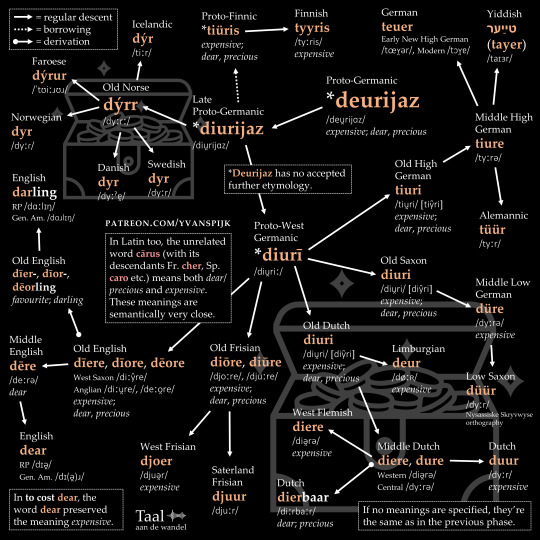
#historical linguistics#linguistics#language#etymology#english#dutch#german#low saxon#frisian#old frisian#old saxon#old high german#old english#old dutch#middle high german#middle dutch#middle english#middle low german#lingblr#proto-germanic#proto-west germanic#yiddish#west flemish#limburgian#saterland frisian#faroese#icelandic#norwegian#swedish#danish
173 notes
·
View notes
Text

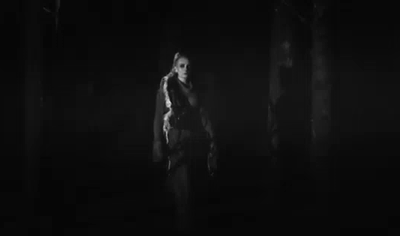






Eivør - UPP ÚR ØSKUNI / RISE FROM THE ASHES
50 notes
·
View notes
Text
Erc'h by Yann Tiersen (featuring Ólavur Jákupsson) from the album All
#music#french music#yann tiersen#ólavur jákupsson#gareth jones#maela kloareg#torfinnur jákupsson#faroese#gaëlle kerrien#gwenn an dreo#emilie tiersen#gaelle kerrien#émilie quinquis#breton#olavur jakupsson#torfinnur jakupsson#yann pierre tiersen#Bandcamp
23 notes
·
View notes
Text

Traditional dress of the Faroe Islands
#traditional clothes#faroe islands#scandistyle#faroe islander#traditional dress#europe#european#faroese#scandinavian#germanic#norweigan#danish#culture#cultural clothing#traditional
16 notes
·
View notes
Text
youtube
Nordic Languages 101
#langblr#Norwegian#Swedish#Icelandic#Sami#Danish#Finnish#Faroese#Greenlandic#Olafur Waage#Olafurw#Youtube
12 notes
·
View notes
Note
Is Faroese intelligible to Icelandic speakers? If so, how much can be understood?
When spoken, it sort of straddles a line where it alternates between sounding like someone speaking Danish or Norwegian and someone speaking eccentrically worded Icelandic with a Danish or Norwegian accent. You'll get entire sentences that are perfectly intelligible sometimes, and then something unintelligible in between.
Reading Faroese as an Icelander is a somewhat surreal experience because it's basically entirely intelligible; it just reads like Icelandic written by a tipsy eccentric who either likes to invent their own words for things or else doesn't quite remember a lot of words and makes quirky but logical substitutions in the vein of like, calling a stool a butt-table.
For example, if I go to the front page of the Faroese Wikipedia right now, it has a featured article about North America. The section is titled "Mánaðargreinin". In Icelandic people would conventionally use "grein mánaðarins" for "article of the month", but "mánaðargreinin" wouldn't be wrong so much as just a little quirky.
The first sentence of the article is "Norðuramerika er ein heimspartur." In Icelandic we'd hyphenate it as "Norður-Ameríka", but Norðuramerika just sounds like, you know, what someone not super concerned about correct orthography might write in a casual Facebook comment. We call continents "heimsálfa", but "heimspartur" is literally just "world part", so that'd be like, a logical spontaneous compound for your brain to pull up instead if you forgot that word. In Icelandic that would be masculine so you'd write "einn" rather than the feminine "ein", and for us that's the word one rather than an article so it's a bit quirky to write that in an introductory sentence for a Wikipedia article (as if you'd written "North America is one continent" instead of "North America is a continent"). But it all still makes sense if you treat it as quirky Icelandic!
It goes on like that, words that are either identical or near-identical with a slightly different spelling that parses as if it could be a typo or mistake, grammar that's a little funky but still perfectly understandable, compounds made of parts that are identical or almost identical to Icelandic but just happen to have chosen different words to smush together than we did (they use ístíð ("ice time") rather than the Icelandic ísöld ("ice age"), for instance, and hjáland ("side country") instead of "nýlenda" ("new country") for a colony). The occasional ø gives the game away, but it's basically completely understandable - a word here and there that I'd have to look up, but I can read it just fine, deduce the meaning of almost all the compounds from their constituent parts and the context.
It often reads somewhat humorously casual or slangy, though, because the Faroese uses words or component words that in Icelandic have more formal equivalents that would generally be used in something like an encyclopedia - "partur" is a word people absolutely use in modern Icelandic all the time but in formal Icelandic writing you'd rather see "hluti".
I imagine Icelandic probably reads similarly eccentric/weird/humorous to a Faroese speaker, of course! Close resemblance but not quite is a fun relationship for languages to have with each other.
66 notes
·
View notes
Text
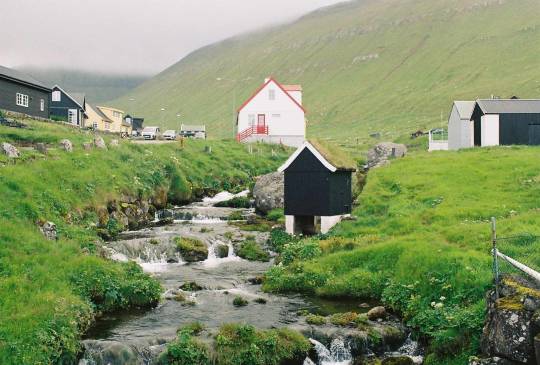

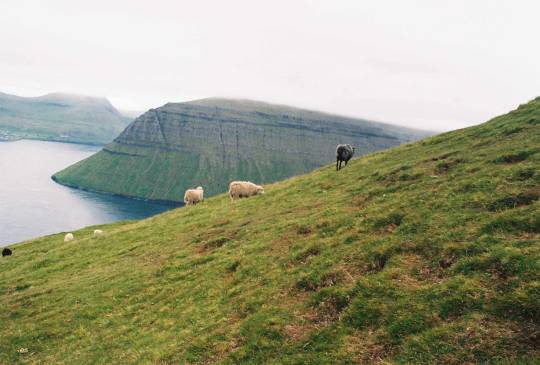
faroe islands on film . summer 2023
#film photography#filmisnotdead#35mm#analogue photography#faroe islands#faroese#nature photography#landscape photography
28 notes
·
View notes
Text
Eivør - Trøllabundin (Faroese)
#ambient folk#eivør#trøllabundin#faroese#føroyskt#fao#germanic#indoeuropean#europe#faroe islands#denmark#2015#2010s#folk#Spotify
6 notes
·
View notes
Text
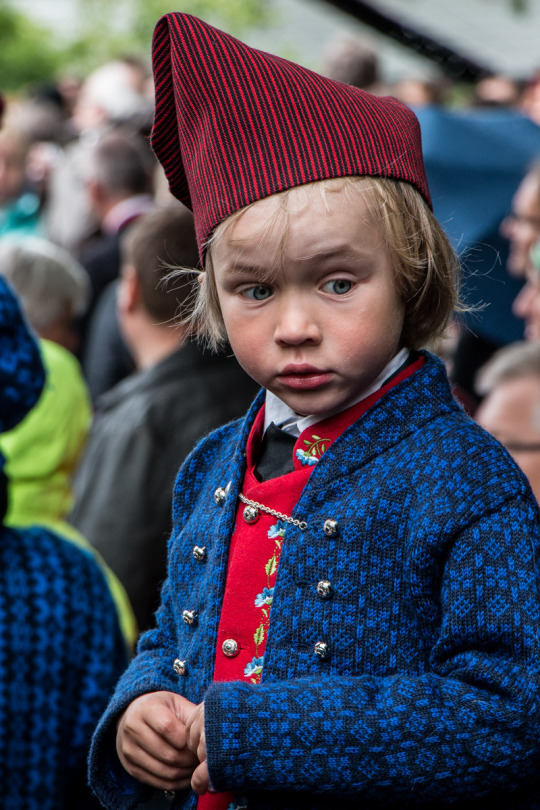
Faroese boy, Faroe Islands, Sibéal Turraoin
#faroese#faroe islands#europe#western europe#traditional clothing#traditional fashion#cultural clothing#folk clothing
166 notes
·
View notes
Text
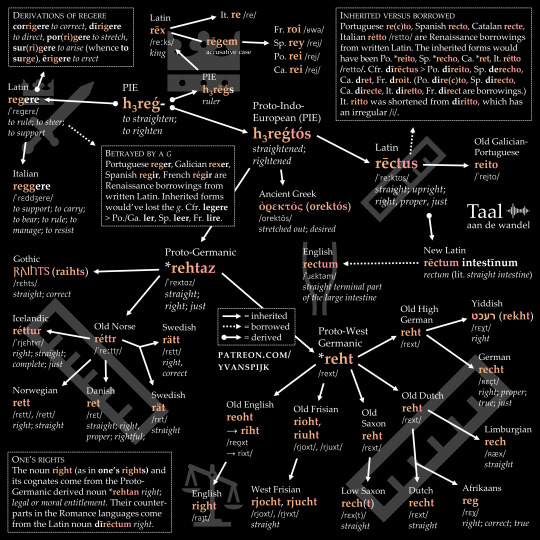
The words right and rectum have a common origin. Right comes from Proto-Germanic *rehtaz ('straight; right; just'). This word shared a common Proto-Indo-European ancestor with Latin rēctus ('straight; right; just'), from which the medical term rectum ('straight terminal part of the large intestine') was derived. The infographic shows more.
#historical linguistics#linguistics#language#etymology#english#dutch#german#low saxon#frisian#old frisian#old saxon#old high german#old english#old dutch#lingblr#proto-germanic#proto-west germanic#yiddish#limburgian#faroese#icelandic#norwegian#swedish#danish#latin#french#spanish#old spanish#old french#old galician-portuguese
58 notes
·
View notes
Photo

‘ *~Forest witch~* ’ by XXXenoKun on Twitter
“Eyga mítt festist har ið galdramaðurin stóð --”
37 notes
·
View notes
Text

2 notes
·
View notes
Text

33 notes
·
View notes
Text
@ any faroese speakers— what is a term of endearment that would be used by a parent for a child???
2 notes
·
View notes
Text

Possible ways of saying "I" - in Northern Germanic languages.
2 notes
·
View notes